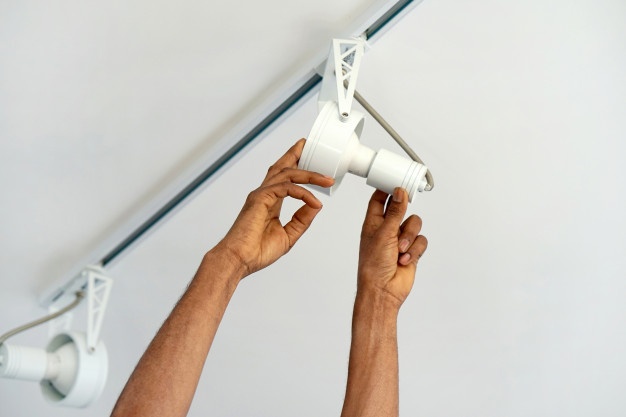When you’re getting ready to tackle a large construction project, hiring an electrician is obviously going to be an unavoidable step in most scenarios. Of course, you don’t want just anybody setting up and tinkering with the electrical circuit of your newly constructed building, so it goes without saying that research and due diligence is in order.
While cost is certainly a chief concern for the majority of construction companies and private investors, it shouldn’t be viewed as the sole motivation for working with an electrician.
In fact, as with all industries, you often get what you pay for, so cutting corners might not be the best course of action.
1. Licensing and Insurance
Every professional contractor should have the appropriate licensing and insurance to legally and safely conduct business. However, such fundamental prerequisites can sometimes be overlooked because people tend to assume that every electrician has this covered. A good electrician will quickly provide these details upon request, and many will voluntarily display it during the initial proposal process.
Dealing with an electrician who does not have an electrical contractor’s insurance in place puts you in a risky position because you could be sued and held liable if a mishap occurs. Dealing with insured professionals ensures that you can cover the cost of repairs and other expenses that may arise from property damage, injury, or poor-quality work performed by the electrician.
2. Testimonials and Positive Reviews
Any good electrician who has been doing business for a while is going to have a sizable collection of testimonials viewable online. Usually, this information can be found on their website directly, but it may be a better idea to use third-party review sites to get an idea of what previous clients have to say about the contractor’s work.
Look for detailed feedback from companies and individuals that have a proven online presence, as fake reviews could be a red flag that the contractor doesn’t have much experience.
Newer electricians may try to employ the “fake it until you make it approach,” but with a keen eye, you can usually spot a fictional testimonial from a mile away. In addition to the aforementioned review sites, you can also search for reviews and complaints using the Better Business Bureau website.
3. Quote Comparisons
After you have verified the contractor’s credentials and reputation, it’s time to get down to the crucial question of whether they’re the most cost-effective candidate for the job. You don’t necessarily want the cheapest guy you can find but hiring the most expensive isn’t always the smartest idea either, particularly when you’re operating under the constraints of a predetermined budget.
Although reputation, licensing, and insurance are of paramount importance, you should ask for a quote estimate upfront before considering anything else, as you don’t even want to consider a contractor who is asking an exuberantly high or unrespectable low price. Gathering multiple quotes from a variety of contractors is the best way to get an accurate depiction of fair market rates in your area.
4. Website Quality
Finally, every established and serious contractor should have a commendable online presence to represent their portfolio and brand. While smaller contractors may not have the fanciest websites, you still want to make sure they at least have a detailed profile on internet business directories. A solid web presence is a good indicator that a contractor has been investing in their craft and has been successfully active for a while.
On the other hand, there are some contractors who haven’t yet gotten heavily involved in the online side of the business, so a poorly designed website or a basic profile doesn’t necessarily have to be a deal-breaker. If they check out with the previous three checks on this list, then they may still be worth dealing with. Still, examining the quality of their website is a worthwhile step to take after you’ve already investigated the other key attributes mentioned above.
5. Consider Personality and Manners
In closing, while all of the previous suggestions should be given the highest priority during your search, the attitude and general behaviour of the electrician is another aspect worth considering. Ideally, you’ll want to deal with someone respectful, polite, and professional. Try to avoid contractors that are excessively frank or rude with you during the initial consultation and interview processes.
Hiring an electrician who shows signs of having a bad attitude from the beginning is a horrible idea because they will only become even more unpleasant after they’ve landed the contract. At that point, you’ll be stuck working with someone who likes to do things on their terms, which could lead to problems with punctuality and performance.














